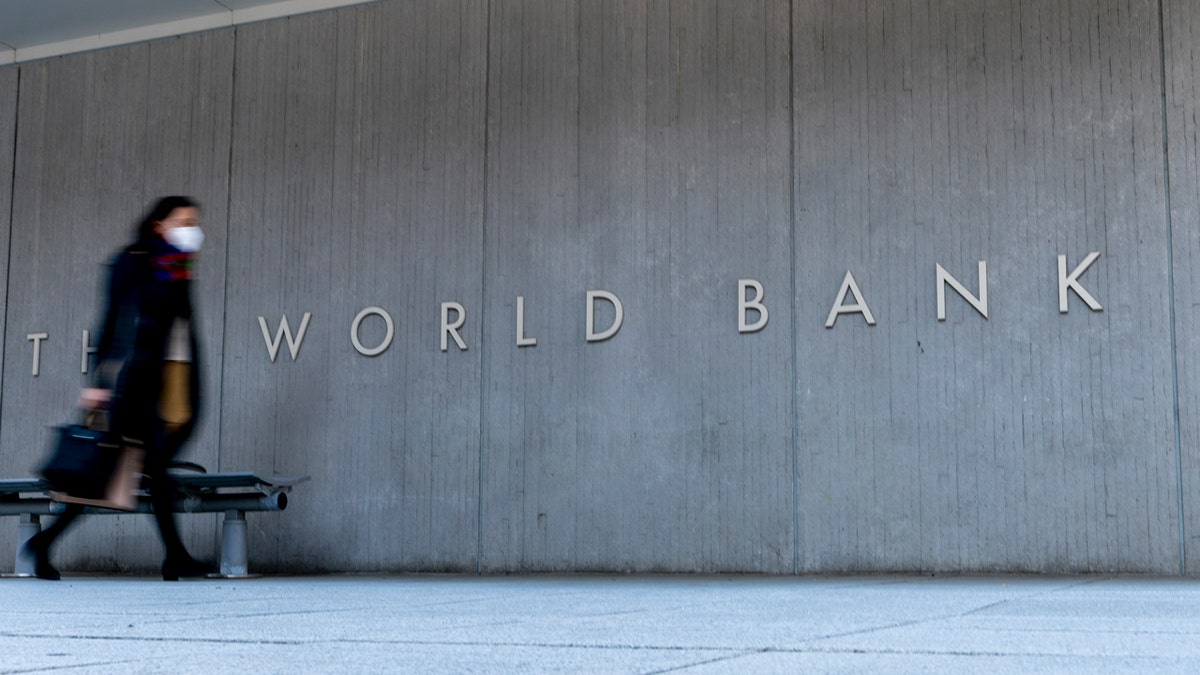Fox News Flash top headlines for August 9
Fox News Flash top headlines are here. Check out what's clicking on Foxnews.com.
The World Bank said it will not consider new loans to Uganda after the East African country earlier this year enacted an anti-gay bill that rights groups and others have condemned.
The World Bank had deployed a team to Uganda after the law was enacted in May and determined that additional measures were necessary to ensure projects align with the bank's environmental and social standards.
"No new public financing to Uganda will be presented to our Board of Executive Directors until the efficacy of the additional measures has been tested," the World Bank Group said in a statement on Tuesday.
"Our goal is to protect sexual and gender minorities from discrimination and exclusion in the projects we finance. These measures are currently under discussion with the authorities," it added.
The anti-gay legislation, which prescribes the death penalty for some homosexual acts, was signed into law in May. It has widespread support at home, and Ugandan officials have been defiant amid concern that partners such as the World Bank and others might withdraw resources over the legislation. Some officials have suggested that the funding threats are inappropriate.
RUSSIAN MERCENARY FORCE SEIZES 'OPPORTUNITIES' IN KEY REGION AS US FACES DIFFICULT CHOICE

The World Bank building is seen on April 5, 2021, in Washington. (AP Photo/Andrew Harnik, File)
CLICK HERE TO GET THE FOX NEWS APP
It was not immediately possible to get a comment from Ugandan finance authorities, who for months have been trying to secure new funding from the country's top multilateral lender.
The World Bank statement noted that despite the latest decision it remains "committed to helping all Ugandans — without exception — escape poverty, access vital services, and improve their lives."
The U.N. Human Rights Office has said the Ugandan law is "draconian and discriminatory," describing it as "a recipe for systematic violations of the rights" of LGBTQ+ people and others. The U.S. has warned of economic consequences.
Activists and some academics have challenged the law in court, but it remains unclear when hearings will begin.
Homosexuality is criminalized in more than 30 of Africa’s 54 countries.





















